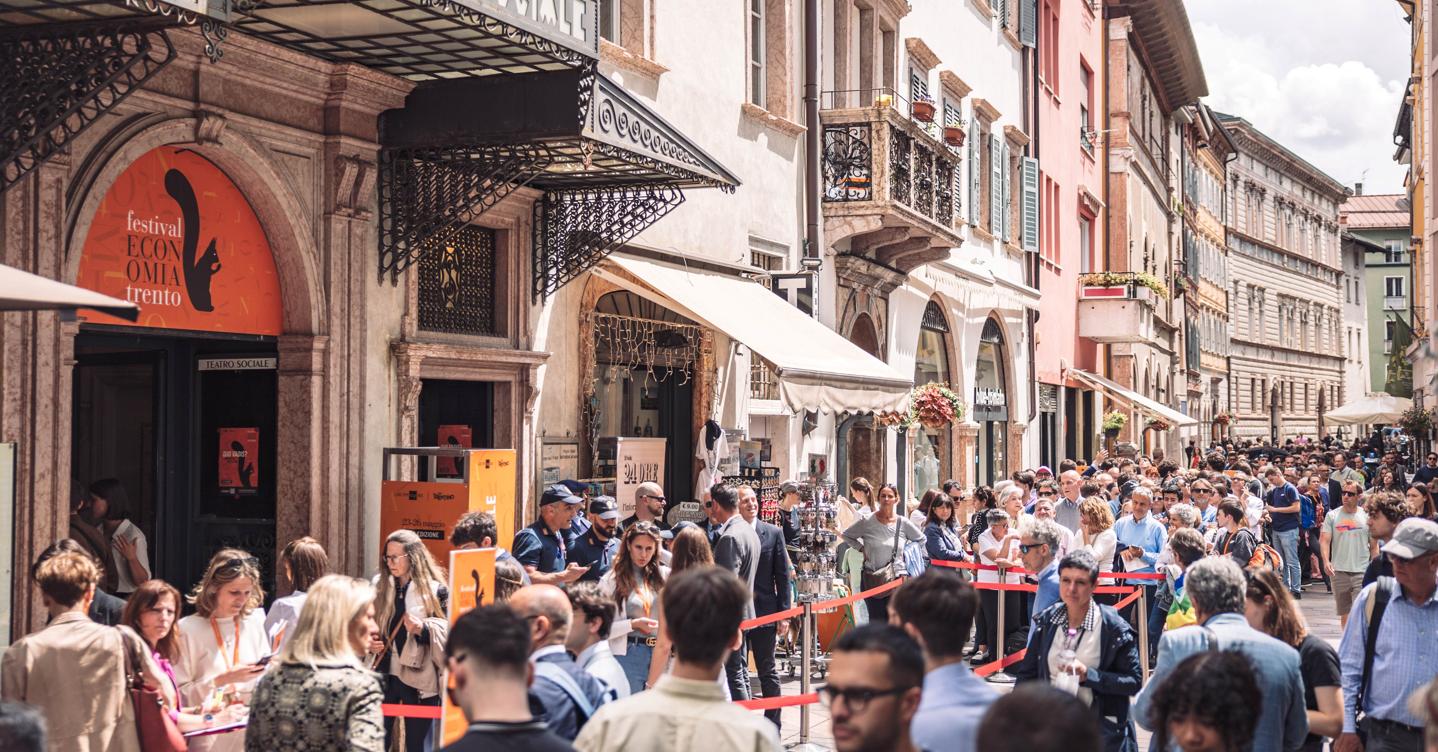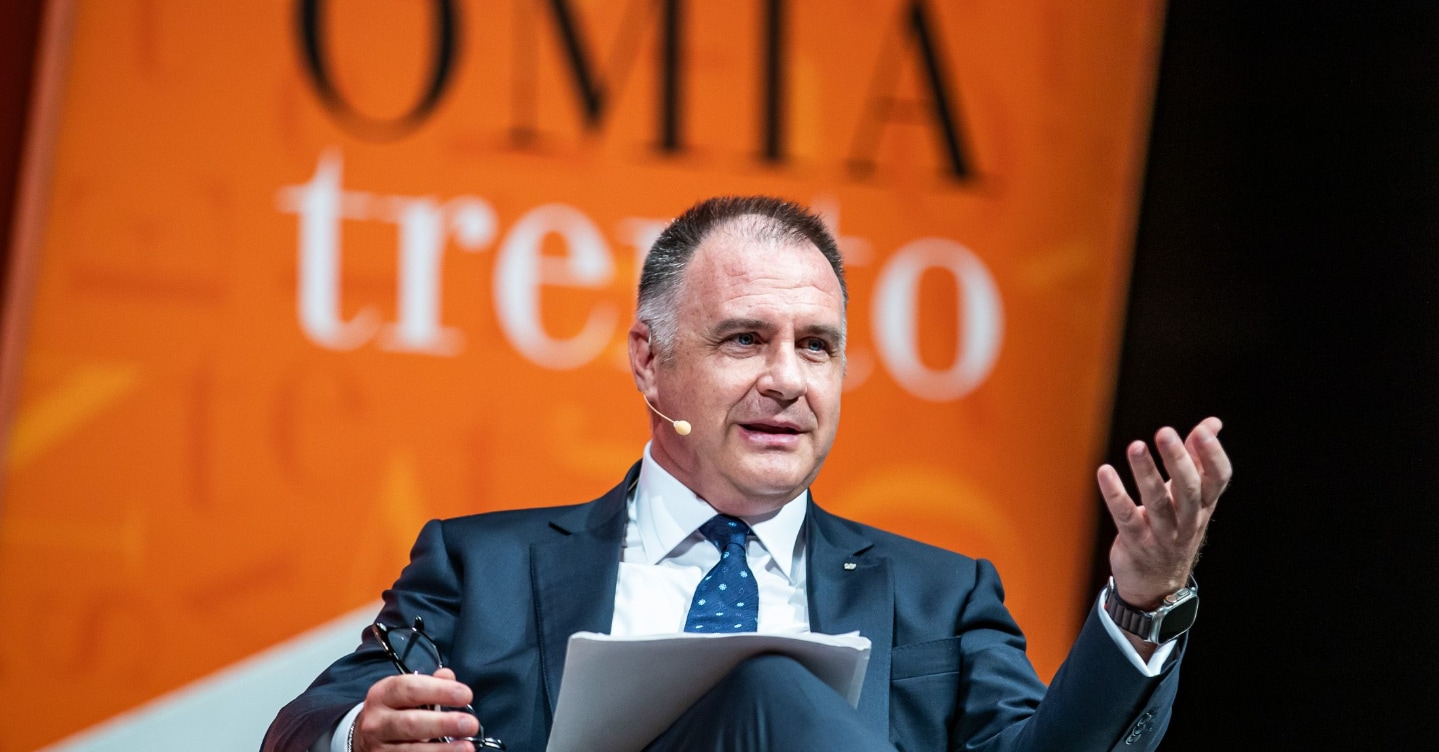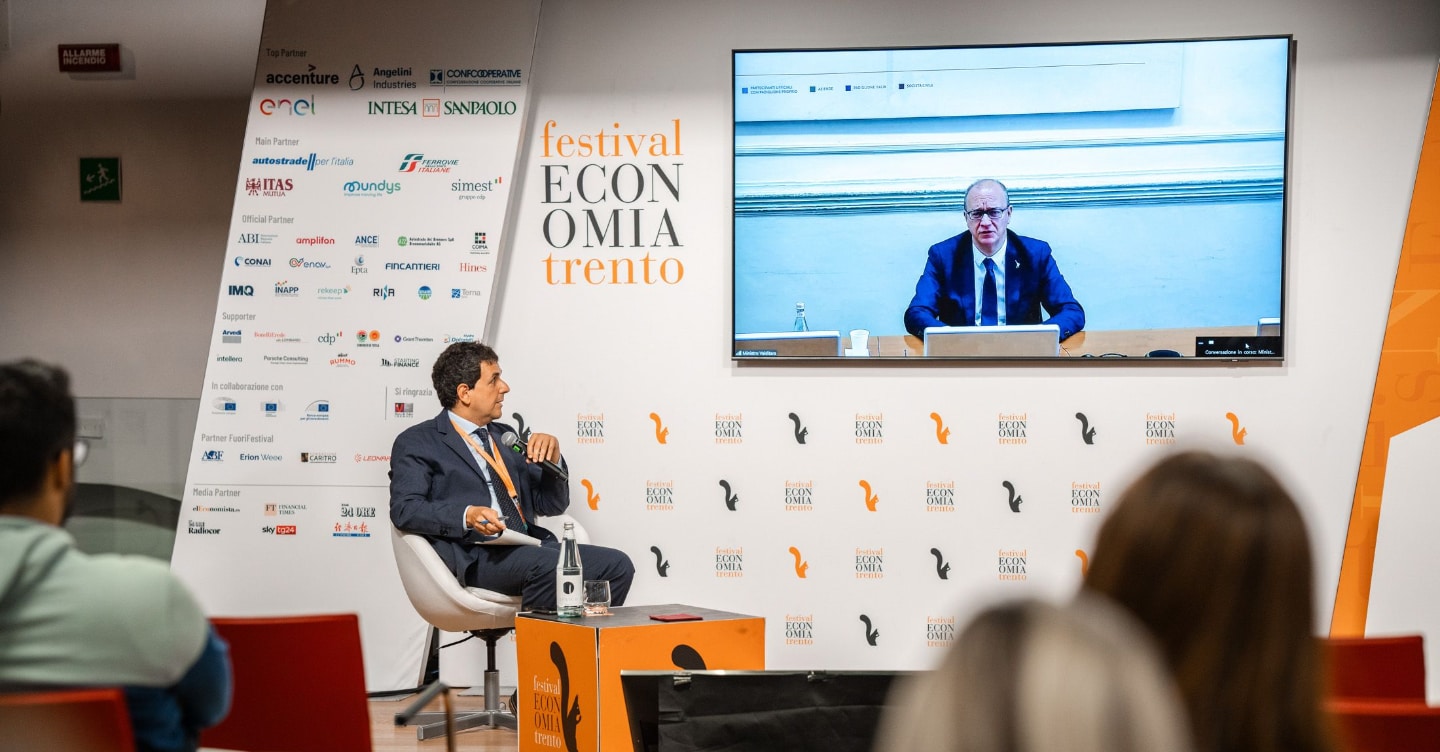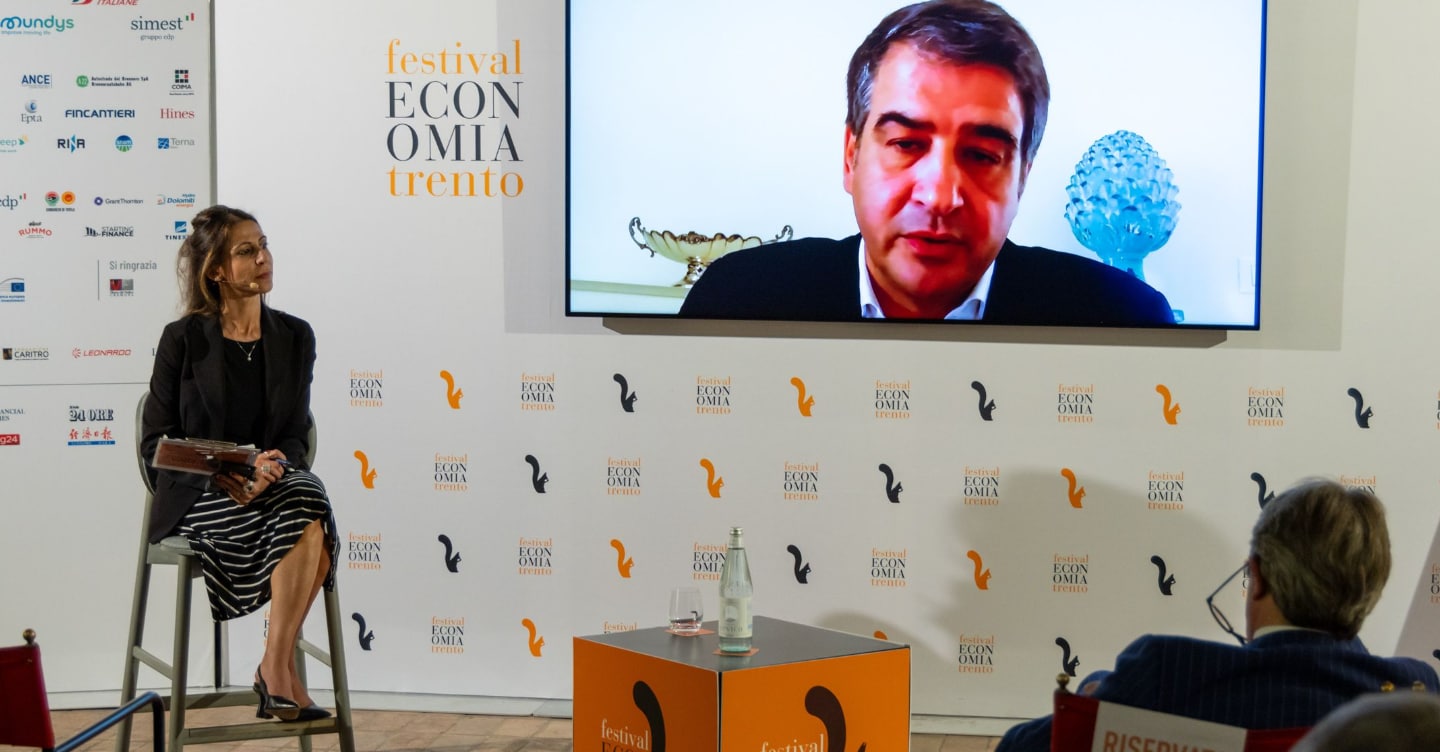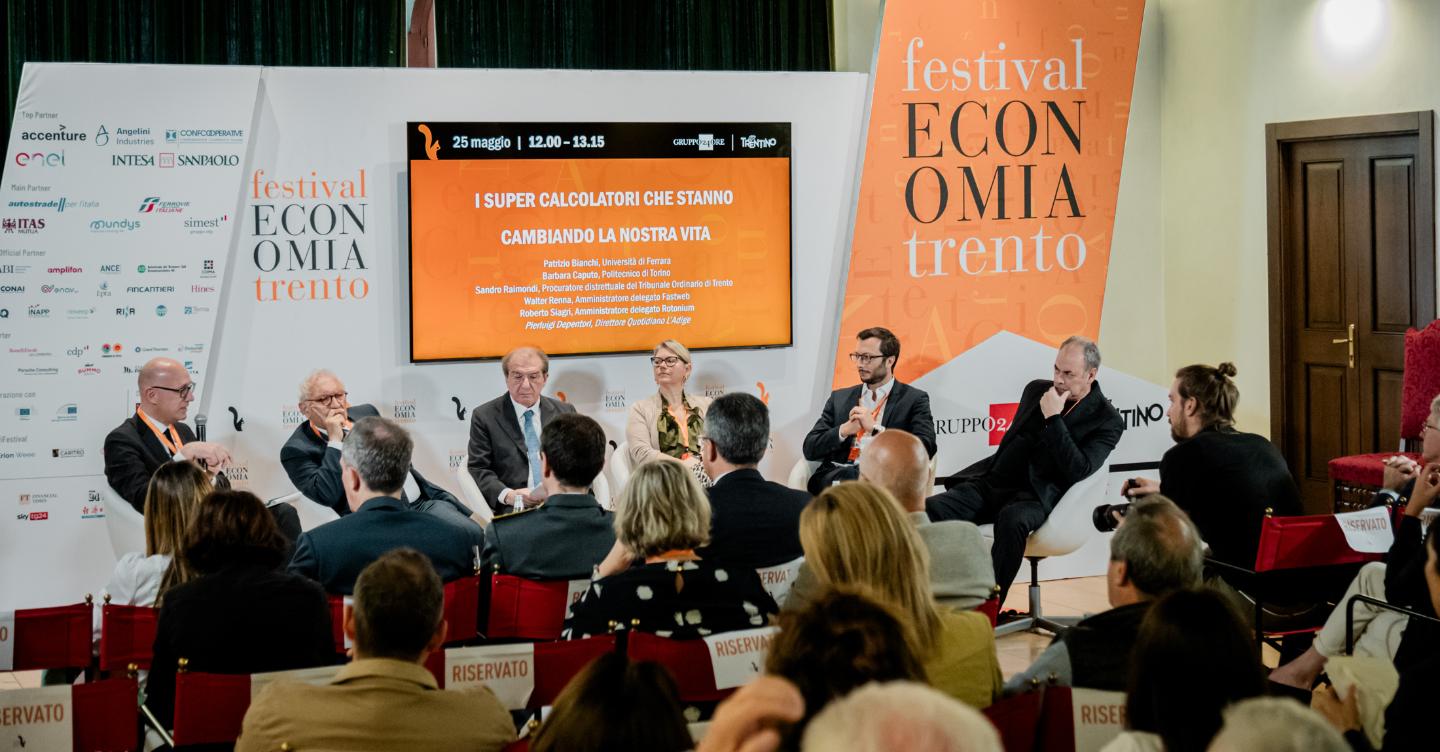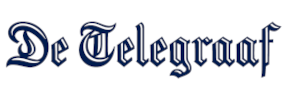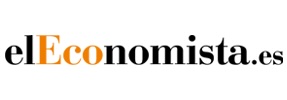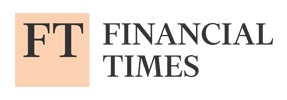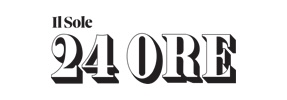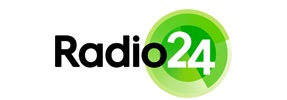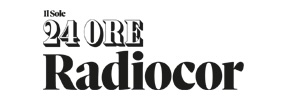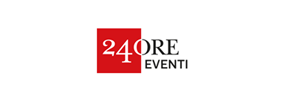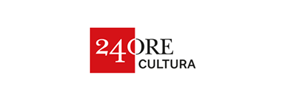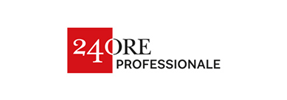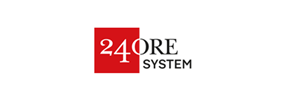The return of Donald Trump to the presidency of the United States marked a historical turning point, opening the door to scenarios of significant change: the resurgence of state power, a globalization unlikely to return in its former shape, and the evolution of international trade facing a new era of tariffs and protectionism. Equally evident is the increasing polarization between the United States and China, with Europe increasingly resembling a fragile clay pot between two iron vessels. Europe must contend with Germany's recession, France's growing challenges, and a dramatic lack of adequate leadership.
All of this unfolds in a context where geopolitics asserts itself as a decisive variable, with around sixty wars ongoing, compounded by the rifts caused by the conflict in Ukraine and the bloodshed in the Middle East. For this reason, the advisory board of the Trento Festival of Economics has chosen the following title for its 20th edition: “Risks and fatal choices. Europe at the crossroads".
Never before has the certainty of the past been replaced by pressing questions, made even more troubling by the fact that in the atomic era, even randomness can exact a heavy toll on all humanity. At this juncture, humanity approaches in its weakest state. The decline of ideologies has left a cosmic void; religions have either lost their grip or become fertile ground for the worst forms of fanaticism. Social media has won the battle of superficiality but missed the chance to expand democracy.
Moreover, a new and yet undefined player looms: artificial intelligence. With the potential to spark a revolution far beyond the industrial realm, it might be the most transformative of all. Fatal risks arise because the balance upon which humanity's future depends is at stake, without adequate levels of awareness or understanding. This is why events like the Trento Festival of Economics, taking place from May 22 to May 25, 2025, represent an exceptional opportunity to ask questions, engage in dialogue, and reflect.
The Roman Empire once dominated the world, yet it dissolved. Today, the primacy of the West is being questioned as the pendulum swings Eastward. India has surpassed China in demographic growth and economic development. Trump's America prioritizes itself. Europe, full but divided, is burdened by bureaucracy, devoid of strong leadership, and unable to counteract its demographic winter. Meanwhile, on its doorstep, Africa—a young and resource-rich continent—seeks to rise, with its population set to double.
For this reason, both Europe and Italy face a time of crucial decisions. The saying *“It’s never too late”* is more relevant than ever. Our future—everyone’s future—hinges on decisions that must be made, choices that are neither obvious nor easy but hold the potential to spark a new beginning. Perhaps the key to success and hope lies in rediscovering a new humanism, one that rejects war as a means of conflict resolution, in alignment with Italy's Constitution. Respect for others and a shared commitment to peace as a fundamental value can lay the groundwork for economic development that reduces the disparities between the very rich and the very poor, between those who thrive and those struggling to survive.
The paths forward include fostering economic growth and entrepreneurship as antidotes to decline, producing energy from renewable and sustainable sources, and pursuing gender equality as a common goal and a means to mobilize all available resources. Despite everything, if appropriate choices are made, a new golden age could truly dawn. As Aldo Ravelli—a prominent figure in the Italian stock market for half a century—used to say: "After the bad comes the good," both in financial markets and in life. But this depends on consistently taking the right path at the many crossroads ahead.
The open challenges are numerous: the shifting balance of power among continents, the mountain of public debt threatening to overwhelm states, the looming risk of future pandemics, the diminishing effectiveness of antibiotics, the puzzles of artificial intelligence, and the ever-increasing demand for energy, coupled with the climate disaster and the green transition. This time, reason must take precedence over discord, arguments over shouting, and intellect over brute force. Everyone to Trento—for days that are less oppressive, perhaps even enjoyable.




